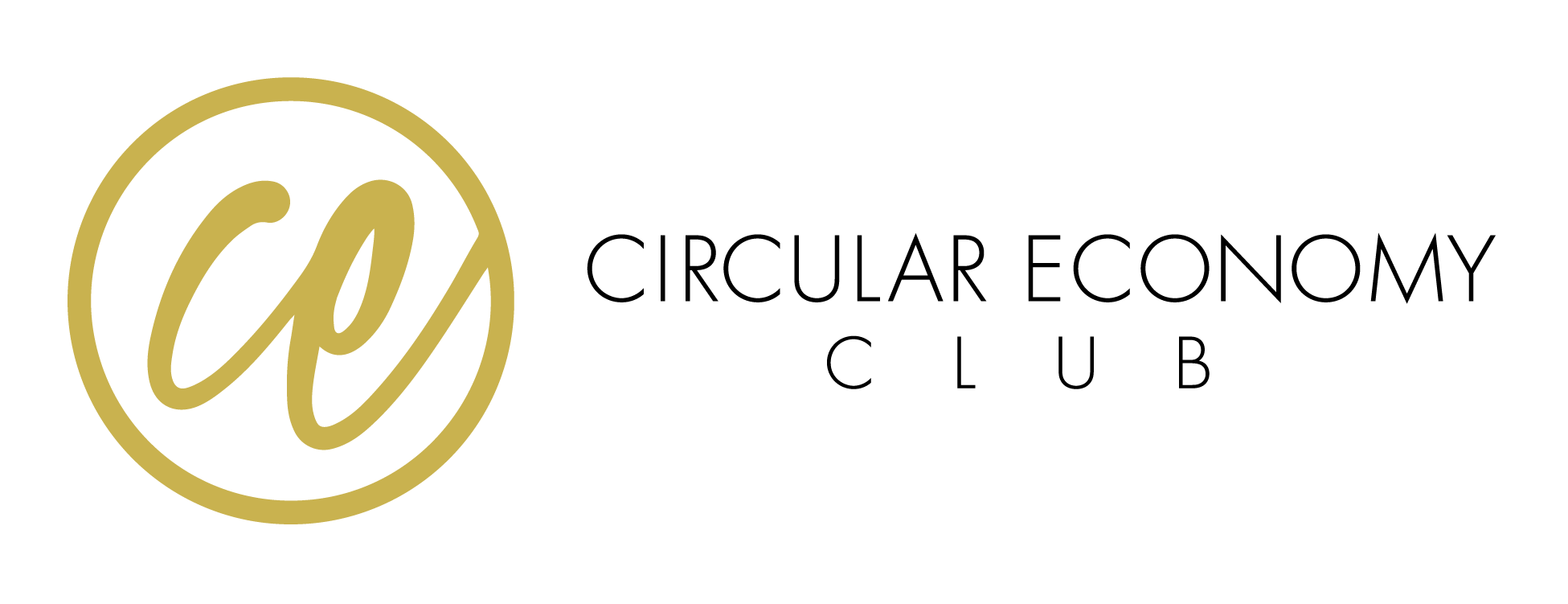-
In order to grasp all the opportunities offered by the circular economy and ensure the resilience of the activities, we need to design inclusive, dynamic and circular business models.
CEC Member Circulab, is a design agency dedicated to help design a circular economy through eco-conception and re-design of business models. The agency is driven by two principles: biomimicry and design thinking.
«A business model defines the ways in which an organisation creates, delivers and captures value.» Through this definition, in 2008 Alexander Osterwalder created the Business Model Canvas. This was an innovation moving away from the long business plans that business leaders learnt to create in business schools. The tool helped (and helps) organisations work on their value proposition, clients, activities, partners, cost structure and revenue streams in order to define a successful company.
But in the current linear economy, the focus of that business model is generating profits. The economic stakeholders have been ranked in terms of the profit they generate for their own. In a circular economy, every stakeholder should generate value (economic, social and environmental) and positive externalities.
The future for innovation, competitiveness and environment lies in the holistic offer and shared value, which can only be led if we understand the problem within the linear economy and we comprehend the complexity of systems. We need to eco-design not only products and services but also business models. In order to grasp all the opportunities offered by the circular economy and ensure the resilience of our activities, we need to design more inclusive, dynamic and circular business models.
Circulab takes this into account and optimises the business model canvas by expanding the definition of value creation to the potential value generated along the whole value chain by implementing circular thinking.
The circular economy paradigm calls stakeholders to review how we cooperate, innovate and think.
As Albert Einstein said, “Problems cannot be solved with the same mindset that created them.” As a firm, an association or a local authority, we need to design good products and services if we aim to solve current issues and adapt to an ever-changing world.
Circulab designed a methodology to help organisations apply circularity: the Circular Design toolkit. The company organises training activities and workshops where participants collaboratively brainstorm together using the tool. The methodology helps participants rethink their business model.
It allows them to think about how to generate value and distribute it, while taking into account the externalities caused. The end result of the workshop is to create a true value proposition that opens up a world of opportunities at every step.
Circular Canvas : a tool to help you rethink your business model, truly integrate this framework, and CSR.
The different training sessions and workshops Circulab offers are team-focused and playful sessions that serve to map and understand the eco-system of an organisation to co-create resilient and durable solutions.
The tool focuses on cooperation more than in competition. The tools calls upon users to break the silos and open the dialogue through cooperation, within their own organisation and their key stakeholders.
For a circular economy, we need to redesign business models by involving the key stakeholders and further integrate change.
This methodology is now offered all over the world by more than 80 professionals in 12 countries. The tool enables you to design business models that renew the economy and ecosystem by integrating truly Corporate Social Responsibility. By transforming your business model through a dynamic, strategic and playful tool, you can choose to move from a linear economy to a circular economy.
Author: Justine Laurent
-
-


